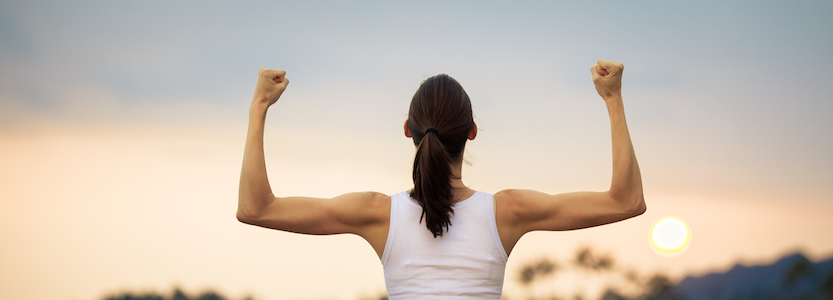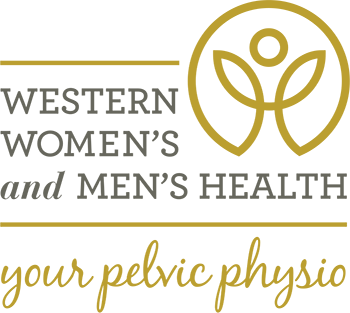
19 Aug 3 tips for protecting your bone health…
Bone health is important at every stage of life. Throughout childhood and adolescence bones are growing and developing their optimum strength. In young and middle adulthood the focus shifts to building and maintaining bone strength as well as muscle, and in older people the goal is to strengthen muscles and attempt to reduce bone loss. ‘Bone density’ is often what is measured when trying to assess the health of bones. Bone density refers to the composition of calcium and other minerals inside the bone; it basically means how hard or how strong your bones are.
There are a variety of factors that can impact on bone heath. These include:
- Age – sorry folks, this one is non modifiable. We all invariably get older. But that doesn’t mean there’s nothing you can do to protect your bone health! More on that in a minute…
- Sex – men and women both tend to lose bone density as they age, but this tends to happen earlier for women and at a more rapid pace. Post menopausal women are most likely to be affected and it is thought that hormones, particularly the decrease in oestrogen, are the culprit. This decline in oestrogen is a risk factor for osteoporosis, which is a disease that causes bones to become brittle. But just because women tend to be affected by bone loss earlier, it doesn’t mean men are off the hook! Testosterone declines with age too and men also need to be mindful of their bone density.
- Genetics – as the saying goes, you can choose your friends but you can’t choose your family! Bone health can be strongly inherited so ask around and find out if anyone in your family has been diagnosed with osteoporosis, lost height relatively quickly or broken bones from minor accidents. These can all be indicators that they’ve had an issue with bone density.
- Changes in activity – office jobs, physical limitations, and lets be honest, just plain lack of energy after a long day can all mean that we aren’t as active as we may have once been. Bones need to be worked to maintain their strength and as another saying goes, move it or lose it!
- Lifestyle factors – we all know that smoking isn’t great for your lungs but did you know that it also impacts on your bone density? The same goes for excessive alcohol intake. It may be time to think about cutting back on both of these to protect the strength of your bones.
So what can we do about it? It’s no good just reading about the perils of bone loss without having a bit of light at the end of the tunnel. So, here are our top 3 tips to keep your bones fighting fit!
- Get your calcium intake up to scratch – Calcium is an important mineral for keeping bones strong so it’s important to make sure you are getting enough in your diet. But folks we don’t just mean dairy! There are a number of foods rich in calcium that you may not have been aware of. Why not try including some almonds, leafy greens, broccoli, chick peas or dried apricots into your diet for an extra kick of calcium? Or maybe some salmon, cucumber, sardines or dried figs? While calcium is definitely found in dairy, some people may have issues with digesting lactose or casein, so rest assured that there are definitely ways to boost your calcium intake even if milk makes your tummy gurgle.
- Make sure you’re getting some vitamin D – you can eat all the calcium you like but if you don’t have enough vitamin D chances are you won’t be absorbing it. So spend a bit of time outdoors and soak up some sunshine as that’s your body’s best bet for keeping your vitamin D levels healthy. Go sun! Of course, being in Australia, it is important to avoid getting burnt so be sensible people – early morning and afternoon are just fine for getting your daily dose of vitamin D, no need to go sun-bathing in the hottest part of the day! There are also supplements you can take if your levels of vitamin D are really quite low, but it’s best to chat to your doctor and get some advice tailored to your needs.
- Move your body – there are a variety of great activities for increasing bone density including jumping, hopping, sports like basketball or netball, dancing or skipping! Bones need to be loaded to kick their building mechanism into action so doing these sorts of higher impact activities are ideal for strengthening your bones. However, there is a caveat. If you already have osteoporosis these activities put you at higher risk of fractures. It’s a bit of a double edged sword. In this case it is safer and more effective to focus on building muscle strength and improve balance to prevent falls. You can even try stomping while holding on to something to encourage bone strength while minimising the risk of falling and hurting yourself.
If you need a bit of help deciding what type of activity would be best suited to you, or you would like more information about bone health and maintaining your strength, our physios are here to help. Our women’s and men’s physios can also help if you’ve suffered an injury and are looking to do some rehabilitation to get you back on track. Call our friendly team on (03) 8001 2044 today to make an appointment.
